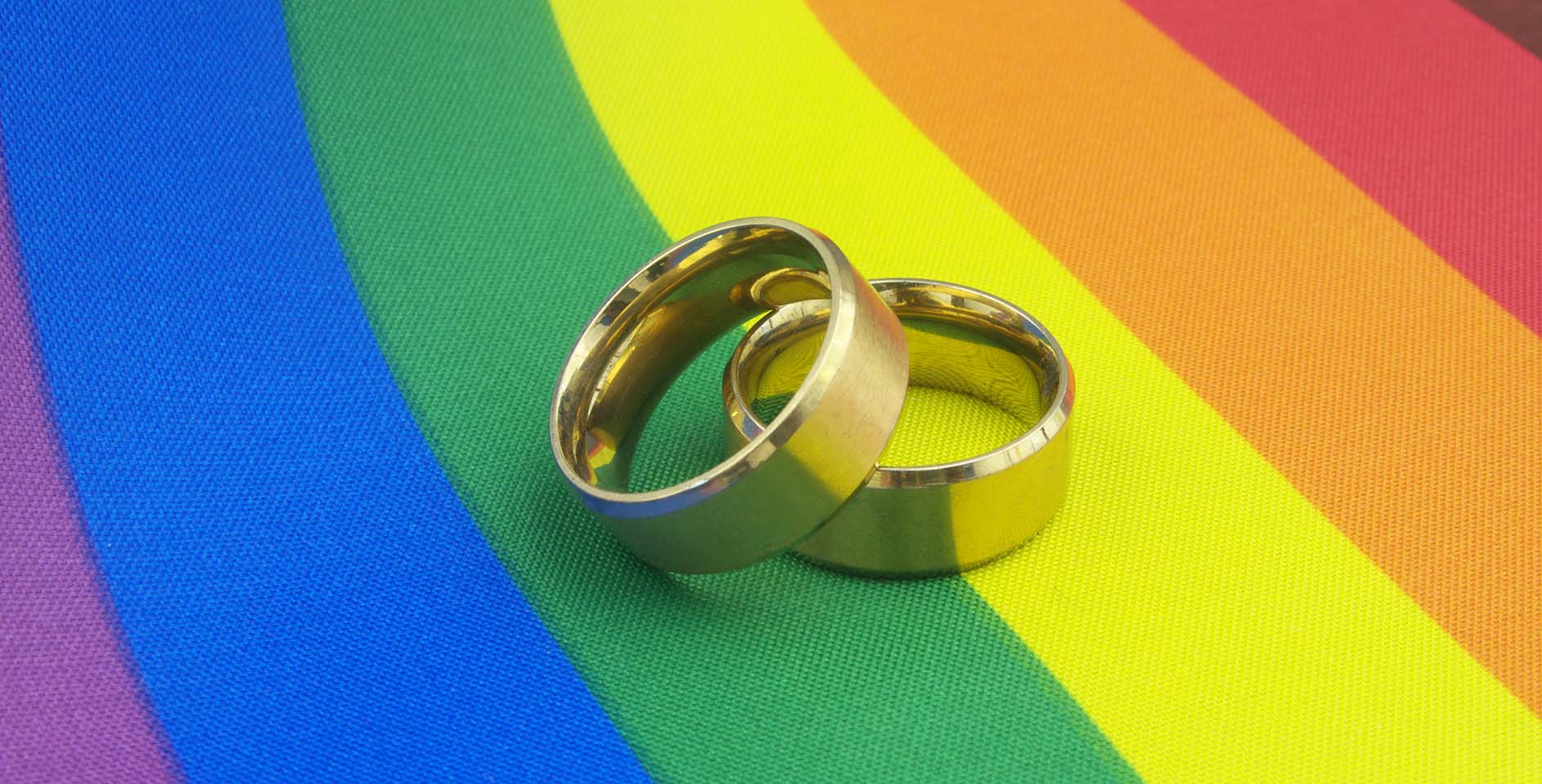In 2012, Dan Cathy—son of Truett Cathy, who founded the much-loved Chick-fil-A restaurants—answered honestly and affirmatively when asked whether he opposes gay marriage. “Guilty as charged,” he replied. Although there was an immediate reaction against Chick-fil-A, comments by the mayors of both Boston and Chicago to the effect that Chick-fil-A might be barred from operating in their cities provided the spark that lit the fuse of counter-protest. Mike Huckabee, the former governor of Arkansas, seized the moment to make a call for a show of support for the Cathy family. At the grassroots level, customers flooded into the restaurants to provide a measure of protection for the company. Publicly, the message was clear: There were many Americans who did not want to see Chick-fil-A suffer for the sincere statement of values offered by Dan Cathy. The demonstration of solidarity with Chick-fil-A offered the company shelter and perhaps led the company’s critics to wonder whether they had overplayed their hand.
The reaction of secular statists toward Chick-fil-A suggests that Cathy’s opinion is not one that will be tolerated for long. Cathy’s opponents believe his opinion is not merely deserving of their disagreement, but, what is more, that it should be viewed as a clear evil, which should be extinguished by political means if necessary.
Some will say that the critics of Chick-fil-A were correct in their moral intuitions because the company stands in the same place as segregationists of the Old South. This type of argument must be faced in order to successfully maintain the viability of religious liberty defenses against an indiscriminate and aggressive assault. If the conclusion of American law and policy is that resistance to gay marriage is essentially equivalent to a preference for slavery or segregation, then religious liberty will serve as no shield at all because there is no respect for those invidious points of view. Thus, it is necessary to respond to the assertion that opposition to gay marriage is morally equivalent to support for slavery or segregation or both. Throughout the following discussion, keep in mind that the goal is not to convince the reader of the case against gay marriage. Instead, the goal is to convince the reader that opposition to gay marriage is neither invidious nor unworthy of respect.
Rather than beginning with the idea of traditional marriage as a structure that opposes the future of what marriage could become, we should instead see traditional male-female marriage as the tremendously good institution that it is and has been. It is an answer to the problem of human loneliness and incompleteness. This relationship is also fruitful. While marriage gives the man and the woman a companion in the form of each other, it also leads to the reproduction of human beings such that we have families, clans, villages, towns, cities, and, ultimately, states and nations. Interestingly, Aristotle did not identify the individual as the basis of political society. Instead, he viewed the family (based on the man and the woman) as the fundamental unit. It is easy to see why. Without male-female procreation, society literally has no future. Traditional marriage sets forth an ideal in which the man stays with and supports the woman both while she is most vulnerable during pregnancy and later while they both care for children. Marriage recognizes that the man and woman are both necessary to the creation of the child as well as the process of child rearing. It is important to note that marriage follows biology. Marriages rose out of the physical and reproductive complementarity of men and women. Without sex and reproduction, there would likely be no such thing as marriage. It is, therefore, no surprise that many theists view marriage as God’s design.
It is also the case that we have known for several years now that as a group children who grow up in traditional, two-parent homes have better experiences than their peers from single-parent or divorced homes in virtually any social statistic one might wish to name. There is inadequate evidence with regard to children in homes with same-sex parents, though it is interesting to note that the sociologist Mark Regnerus performed such a study and was made the subject of an investigation by the University of Texas (his employer) for his efforts.
Given the facts of biology and the practical realities of raising children, male-female marriage makes a tremendous amount of sense. So, with both reason and revelation in mind, many Christians and others have insisted that marriage should continue to have its traditional shape. This is not some bizarre, novel, aggressive position. In fact, this was the position of President Obama until a few years ago.
It is illustrative to consider views from antiquity on slavery versus those on gay marriage. While the history of slavery is as long as human history itself, there is evidence that it was always something of a live issue. Aristotle included a discussion of slavery in his Politics. The text dates back to the 4th century B.C. It is clear that there were people who thought slavery was wrong and who gave reasons against the practice. To my knowledge, there is no such record of advocacy for gay marriage in antiquity.
Where gay marriage has prevailed in courts, jurists have treated the case against it as though it were completely irrational. But is it really so? There is an exchange from Plato’s Republic in which Thrasymachus challenges Socrates to defeat his highly empirical argument on justice: “Justice is the interest (or advantage) of the stronger.” It’s a pretty good argument, really, though Socrates gets the better of the sophist. At the beginning of the exchange, Thrasymachus tries to prohibit the use of certain arguments by Socrates. Socrates replies that his brash interlocutor has done something like trying to prevent him from arguing that six times two or three times four is twelve. When I look at the public debates over gay marriage, I see something like that dynamic. The proponents of gay marriage say to the defenders of traditional marriage, “You may not argue from the physical complementarity of the sexes. Okay, proceed.” To set up the playing field in such a manner is to rule out three times four and two times six by way of arriving at twelve.
Remember that one may find the opposition to gay marriage rational and still disagree. To affirm that the opposition is rational merely means that one can see how the opponents justify their position and that their reasoning does not resemble the words of a person who thinks the moon is made of green cheese. Arguments against gay marriage are not of the “green cheese” variety. It is important to note, though, that arguments advanced in favor of something such as race-based segregation do take on the quality of “green cheese” assertions. They partake substantially of irrationality.
Given this background, it would seem that to insist that members and institutions of the Christian church should suddenly reject the essentially unanimous testimony of history (and Christian practice and scripture) regarding marriage as an opposite sex arrangement demands too much. The key point here is that their opposition to changes in marriage is not invidious or at least not necessarily so. To attempt to compel the agreement of Christians and others on the matter of marriage means to compromise integrity rather than to achieve a triumph over hatred and superstition.
Much ink has been spilled on the topic of how gay marriage will affect families. I do not know the answer to that question. But the potential impact on religious liberty is a clear and present danger. If it becomes normal to view opposition to gay marriage as basically akin to racism, then tremendous damage will be done to Christian institutions. The engines of the secular state will roll right over them. They will lose the right to participate in the public life of our country.
One precedent to consider is the situation of Bob Jones University, which lost its tax exemption because it forbade interracial dating. Although I affirm that the university’s policy was racist and ugly, will it similarly come to pass that Wheaton College or Franciscan University of Steubenville will lose their tax-exempt status because they refuse to recognize gay marriage or hire those who have same-sex spouses? Will the writers of laws and regulations try to prevent students at such places from obtaining federal loans or other aid on the basis of some discrimination perceived as unjust? Many will argue that such action against Christian colleges and institutions is exactly the kind of initiative that should be taken. But if it is true that opposition to gay marriage is different in kind rather than in degree from various race-based discriminations, as I have argued above, then the ability of Christian and other religious institutions to participate in public life should not be threatened.
Rights such as religious liberty have traditionally been protected by constitutions for exactly the reason that they are highly vulnerable to democratic intrusion by majorities. Without some renewal of appreciation for that fundamental dynamic in our law, we will see both incursions and corresponding resentment increase. A refusal to tolerate differences rooted in conscience and religion makes enemies of people relative to the state. The error is an unforced one. We should hope that future policymakers and jurists work by clear light in this regard.
Note: This essay is excerpted and adapted from the text of his book The System Has a Soul (2014).










